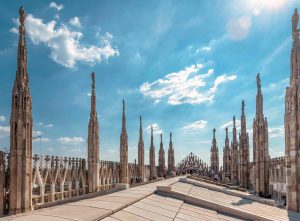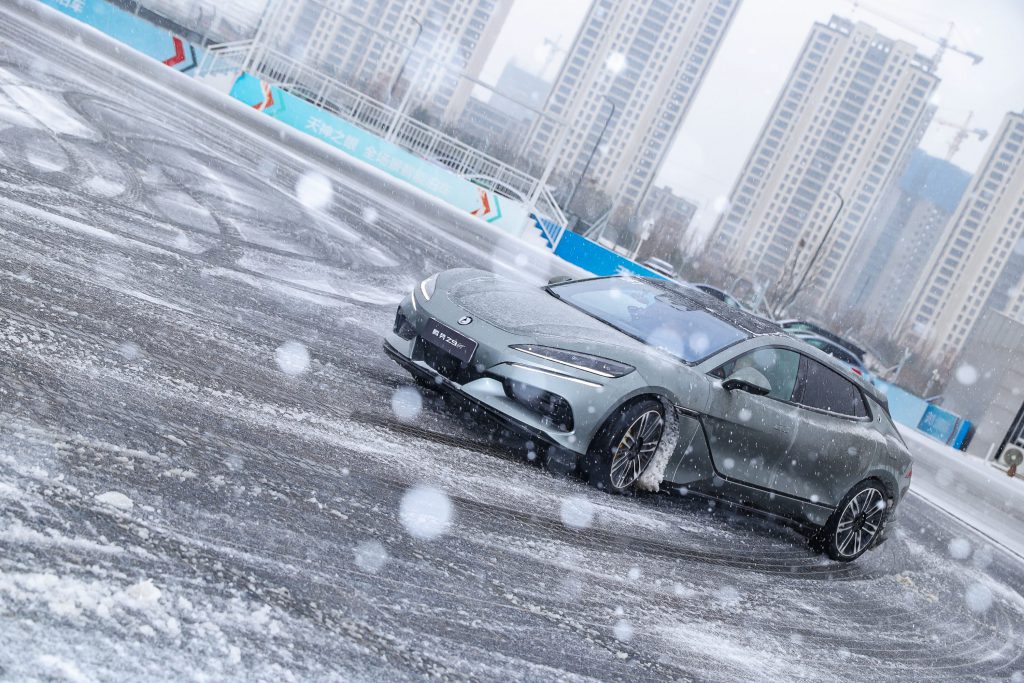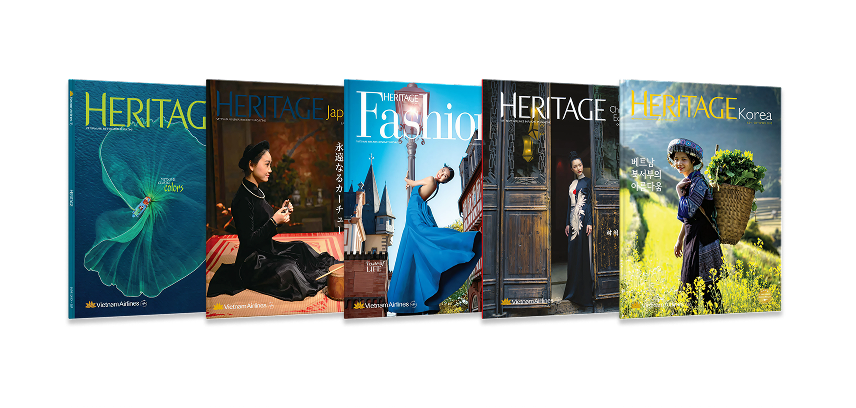Quynh Trang
Explore the bustling and charming city of Munich.
Consistently featured on lists of “Germany’s must-visit cities” and “Germany’s most prosperous cities”, Munich is a hub of tourism and culture, embodying the essence of Europe’s past and present. If you visit Germany, be sure to explore this historic, bustling metropolis, which blends ancient charm with modern achievements.
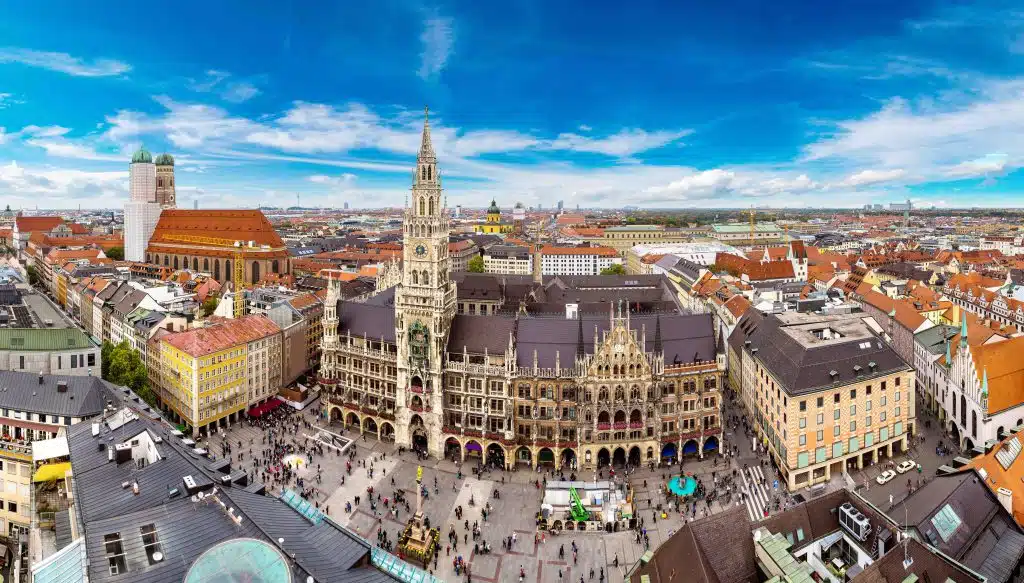
An historic European city
As the capital of Bavaria, Munich has inherited the quintessential heritage of one of Germany’s oldest and wealthiest states. Historically, this region was ruled by the renowned Wittelsbach dynasty, whose kings were passionate about science, art, and innovation, leaving behind many magnificent architectural works.
Visit the expansive Marienplatz square and its surrounding area to discover an artistic atmosphere filled with historic charm. One landmark is the Frauenkirche (Cathedral of Our Dear Lady), which, despite being destroyed during World War II, has been meticulously restored and preserved. With its green domes, this Gothic-style cathedral can accommodate several thousand people. On clear, sunny days, visitors can ascend the bell tower to enjoy panoramic views of the city and the distant Alps. The Munich Residenz, the royal palace where many generations of Bavarian kings resided, is another must-visit site. It showcases a blend of various European architectural styles and serves as a vast museum housing countless royal artifacts. Equally awe-inspiring are the Altes Rathaus (Old Town Hall), with its intricate Gothic interiors, and the Neue Rathaus (New Town Hall), its neo-Gothic façade adorned with images of the powerful Wittelsbach dynasty.
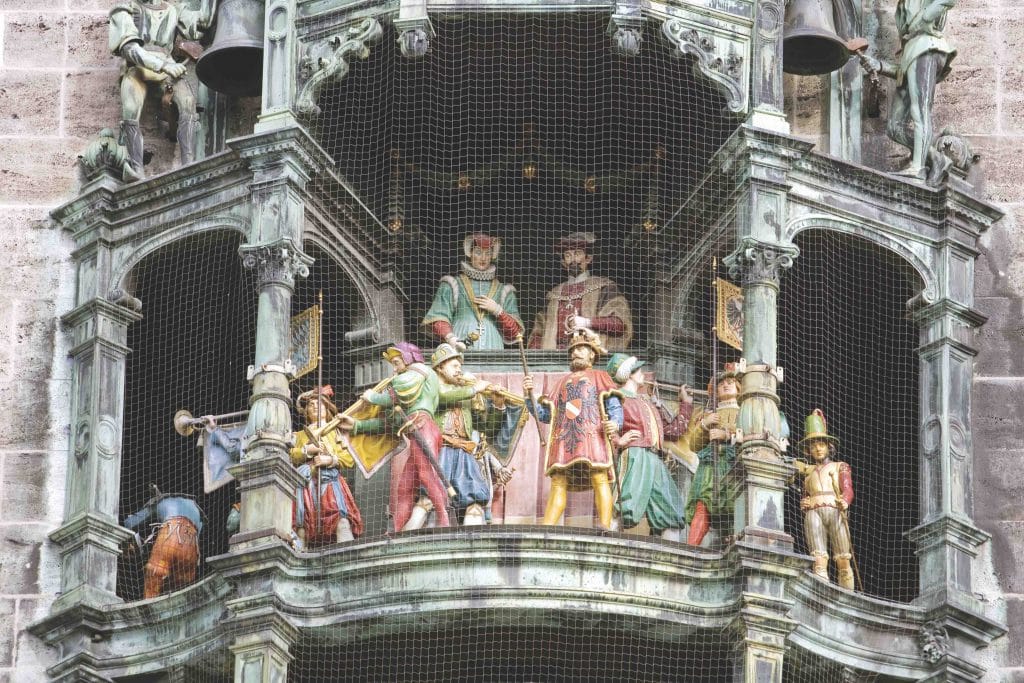
After experiencing these sights you will understand why Munich’s city center is always crowded with tourists. If you have time to spare, venture to the city’s outskirts to visit the fairytale Nymphenburg Palace. Surrounded by lush green parks, this palace features glittering gold and silver decorations. Many charming smaller castles lie scattered throughout the grounds, surprising and delighting visitors.
Germany’s cultural and economic hub
As one of Germany’s major cultural and economic centers, many major brands and corporations have their headquarters in Munich. Renowned German industries including the automotive, electronics, and education sectors have contributed to making Munich into a modern and dynamic city that draws many students and workers. With a dense population and impressive economic and social development indicators, this is a pleasant place to live.
From a tourist’s perspective, we felt an openness and cheerfulness everywhere from the train stations, buses, and parks, to traditional eateries in Marienplatz square. Visiting a beer garden, we quickly immersed ourselves in the lively weekend atmosphere, lifting heavy one-liter beer mugs while enjoying roast pork knuckles with sauerkraut—a delicious and filling meal. This experience helped us to understand why the famous Oktoberfest, held from late September to early October, is eagerly anticipated by locals and tourists alike. Besides the beer festival, Munich hosts numerous cultural, artistic, and sporting events, such as film festivals, music festivals, fireworks, and especially high-profile football matches featuring the home team, Bayern Munich.
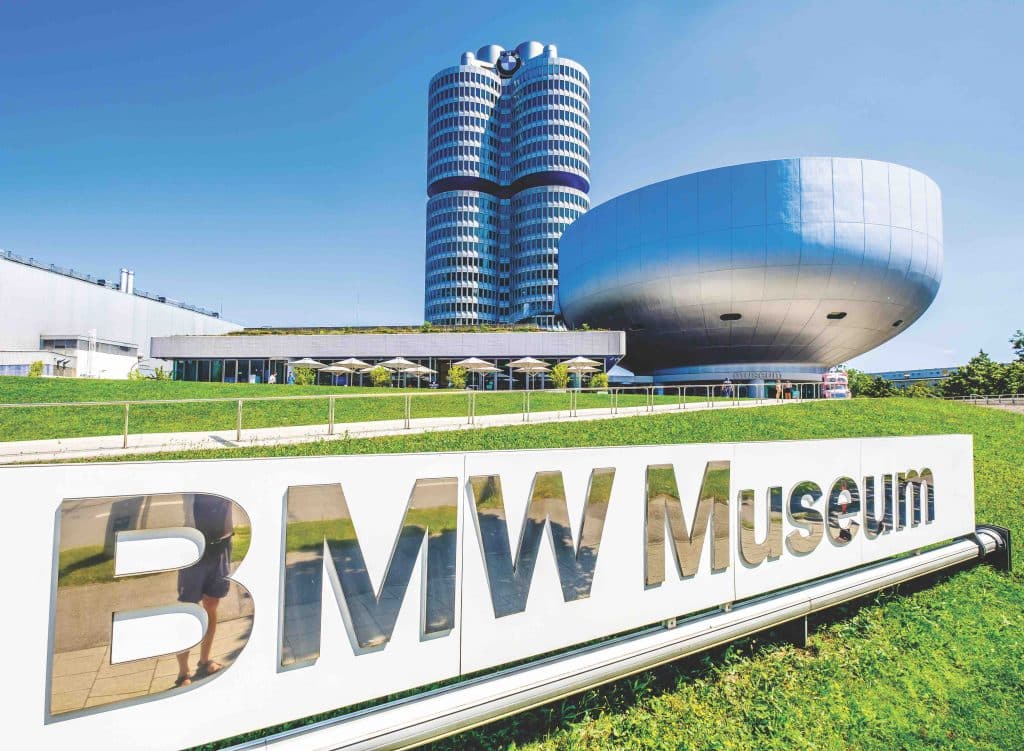
Finally, a must-visit site that exemplifies the city’s development is the BMW headquarters, which includes the BMW Tower, BMW Museum, and BMW Welt. This architectural complex is one of Munich’s modern landmarks, always busy with tourists and car buyers. The historic exhibits take visitors back in time to milestones in BMW’s production of motorcycle, car, and aircraft engines. Displays showcasing over a century of automotive innovations demonstrate the company’s exceptional creativity and success.
Munich deserves its reputation as one of Germany’s most exemplary cities—a convergence of historical values and modern achievements, built upon a strong economy and a rich cultural heritage.



